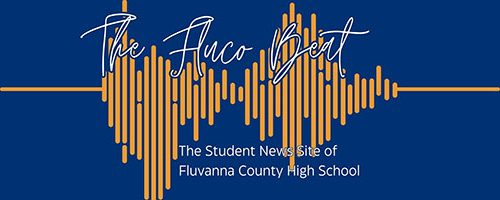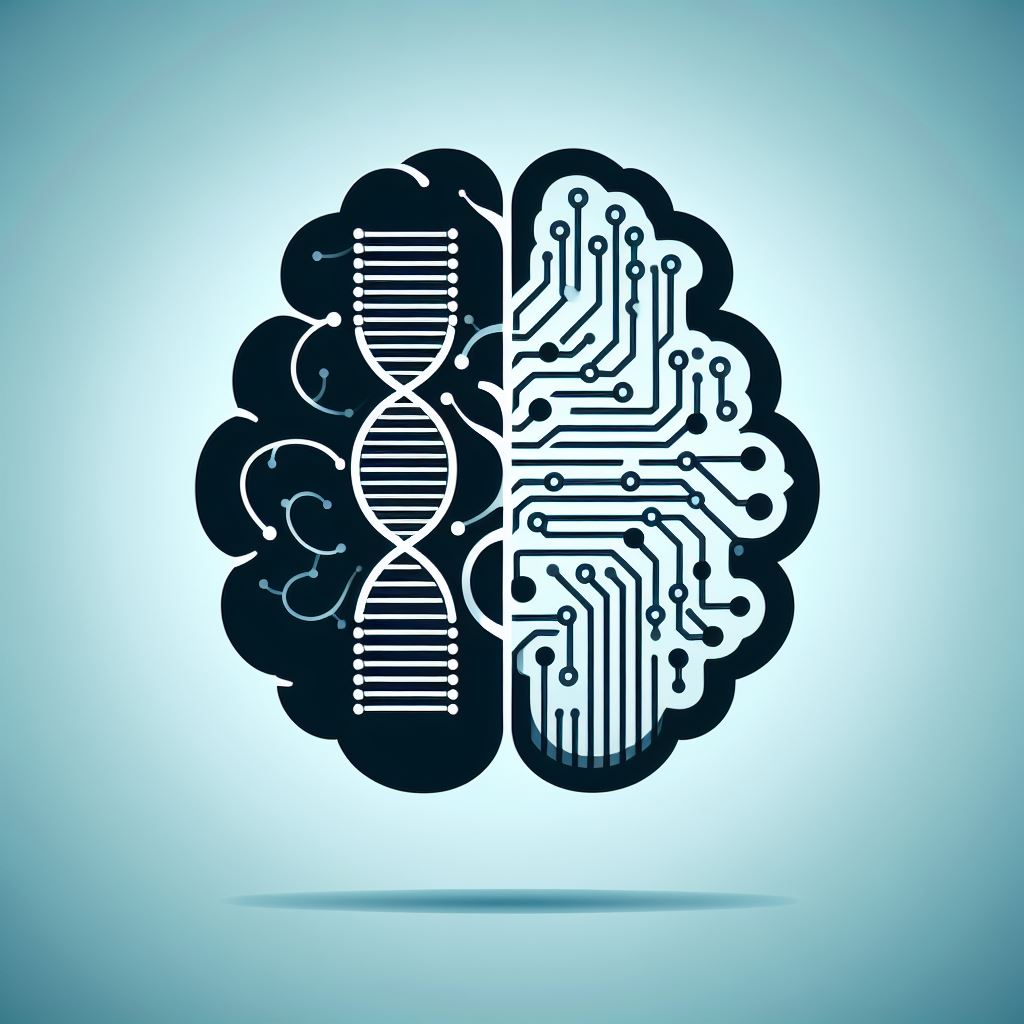According to some scientists and technology specialists, humans are about to evolve, but not in the way you might think. Over the past few millennia, prosthetics and medicine have been created and continually improved, ultimately leading us to a present where many have come to expect constant advances as a way of life. However, the world now finds itself at the brink of not one, but two of the greatest medical discoveries to date: CRISPR-Cas9, a genome editing tool, and Neuralink, a brain interface device.
Clustered Regularly Interspaced Short Palindromic Repeats, or CRISPR, is a methodology co-invented by Jennifer Doudna and Emmanuelle Charpentier, researchers who have used their creation to edit genetic code. Despite sounding extremely complex, this method utilizes a very primitive biological process known as the immune response. For example, when you catch a cold or get an infection, your body fights off the foreign threats using the immune response.
CRISPR uses the immune response by employing Cas9 (CRISPR-associated protein 9) to cut pieces of DNA (Deoxyribonucleic acid), which helps to correct genetic mutations, treat life-threatening illnesses, and aid in diagnoses. However, some feel this process has opened a can of worms, asking “How much can we change in a human? Can CRISPR be weaponized?”
Elon Musk, known for electric vehicles at Tesla and his advanced rockets at SpaceX, also works in medical science. In 2016, Musk founded Neuralink, which formed its mission statement around connecting the human brain to the technology humans use daily. The Neuralink implant uses tiny threads to detect electrical pulses in a person’s brain, and then sends out and converts those pulses into a signal that works for applicable technology.
For example, a person who is paralyzed from the neck down may now browse the internet, watch videos, or even write documents via bluetooth connection. While implants like these have revolutionized and improved people’s lives, there are concerns. What if an implant breaks while inside you? Could it potentially harm or kill you? Is it safe from hackers?
Some would argue that the elephant in the room is what risks might come with CRISPR and Neuralink. CRISPR comes with physical dangers like permanent damage to a human embryo and the unintentional creation of new mutations. Neuralink, on the other hand, could introduce brain swelling, infection, paralysis, and other adverse effects. While the physical risks are immensely concerning, there are also unsettling societal implications to consider.
For example, CRISPR could allow genetic customization, where you could pay to give your children physical advantages such as lengthened lifespan, enhanced cognitive abilities, quicker metabolism, and more. Neuralink could also provide wealthier people with immense benefits like efficient learning, photographic memory, and independent health monitoring. How will the average person be able to do anything as effectively as someone genetically engineered and able to operate more efficiently? Moreover, these concerns could be irreversible once initialized.
So, should people use these advances or not? Some feel that the potential benefits of having CRISPR and Neuralink, as well as other emerging medical technologies, are worth considering. The drawbacks are substantial, but it may be possible to prevent abuse of these technologies with careful regulation. However, even if it’s regulated perfectly in one country, other countries might want to use it to create specific archetypes of people to fulfill certain roles in society, like how a colony of ants has worker ants and soldier ants with distinct size differences to help them suit their respective roles.
The idea of a country modifying children to be unintelligent, but possess athletic genes, making them perfect laborers, is not impossible. In this scenario, a country could hold the power to erase personal freedom and choice. This dystopian future is one that all humans should avoid.
Ultimately, it is far too soon to predict the future of CRISPR and Neuralink. Both technologies are continually being researched and improved upon. One thing is true: If the world is careless in the integration of this new technology, it might open a “Pandora’s box” and permanently change society for the worse.









C. Conner • Jan 12, 2024 at 12:19 PM
Nice work, I tell students that CRISPR will change their lives.